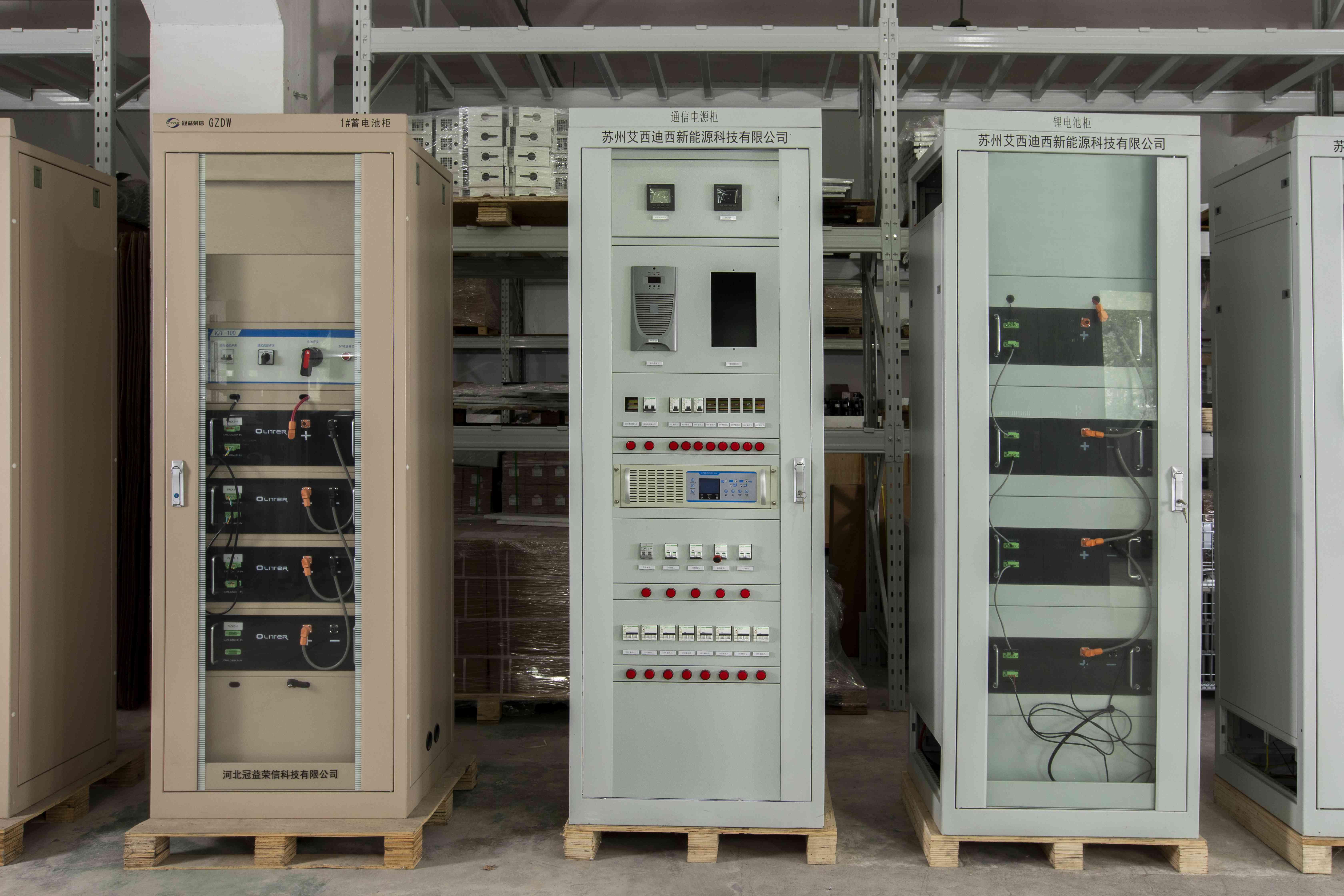
Dec . 04, 2024 10:45 Back to list
Innovative Energy Storage Solutions for Sustainable Power Management and Efficiency
The Importance of Energy Storage Module Products in Modern Energy Systems
In recent years, the transition towards renewable energy sources has accelerated, driven by the urgent need to reduce carbon emissions and combat climate change. As solar, wind, and other renewable technologies become more prevalent, the role of energy storage systems has become increasingly critical. Energy storage module products are at the forefront of this evolution, facilitating the management of energy supply and demand while enhancing the reliability of electricity grids.
What are Energy Storage Modules?
Energy storage modules are systems designed to store energy for later use. They can capture energy produced at times when production exceeds demand, then release it when demand is higher than production. The most common form of energy storage is battery-based systems, which utilize various technologies such as lithium-ion, lead-acid, and flow batteries. Each type has unique characteristics, making them suitable for different applications ranging from residential installations to large-scale grid storage.
The Benefits of Energy Storage Systems
1. Balancing Supply and Demand One of the primary functions of energy storage is to balance the electricity supply and demand. Renewable energy sources, such as solar and wind, are intermittent by nature. When the sun is shining or the wind is blowing, energy production can exceed demand, leading to potential energy wastage. Storage systems can absorb this surplus energy and release it during peak demand periods, ensuring a stable energy supply.
2. Grid Stability and Reliability Energy storage modules enhance the overall stability of power grids. They provide essential services like frequency regulation and voltage support, which help maintain the integrity of the electricity supply. In the event of outages or disruptions, energy storage systems can act as a buffer, offering backup power and improving the resilience of electrical infrastructure.
3. Cost Reduction By allowing energy to be stored during low-cost periods and utilized during high-cost periods, energy storage can significantly reduce electricity expenses. This arbitrage potential is particularly valuable for consumers and utilities alike, making energy management more efficient and economically viable.
4. Facilitating Renewable Integration Energy storage plays a crucial role in integrating renewable energy sources into existing power systems. By storing excess renewable energy, storage systems can ensure a consistent energy supply, making renewables a more reliable choice for energy generation. This integration not only lowers reliance on fossil fuels but also supports the transition to a sustainable energy future.
energy storage module products

Applications of Energy Storage Modules
Energy storage modules find applications across various sectors. In residential settings, homeowners can install battery systems to store solar energy generated during the day for use in the evening or during outages. In commercial scenarios, businesses can use energy storage to manage peak loads and reduce demand charges.
Furthermore, utility-scale energy storage systems are increasingly being deployed to support grid operations. These larger installations can store significant amounts of energy, providing essential services to the grid and helping utilities manage the transition to renewables effectively.
Future Outlook
The energy storage market is poised for significant growth in the coming years. With advancements in battery technologies, decreasing costs, and supportive policies aimed at promoting renewable energy, the adoption of energy storage modules is expected to surge. Emerging technologies such as solid-state batteries and advanced flow systems hold promise for enhancing performance and safety, further driving interest in energy storage solutions.
Moreover, the increasing emphasis on electric vehicles (EVs) will also contribute to the energy storage landscape. EV batteries can be integrated into power grids, serving as both transportation and storage solutions, thereby amplifying the benefits of energy storage systems.
Conclusion
Energy storage module products are essential for creating a more resilient and sustainable energy future. By facilitating the balance between energy supply and demand, enhancing grid stability, and supporting the integration of renewable energy sources, these systems are undeniably pivotal in the global shift towards cleaner energy solutions. As technology advances and the energy landscape transforms, energy storage will continue to play a critical role in shaping the future of power generation and consumption.
-
Advanced AI Energy Management with GPT-4 Turbo
NewsAug.02,2025
-
AI-Powered EMS with GPT-4-Turbo | Efficiency Boost
NewsAug.01,2025
-
Optimized Storage System for GPT-4-Turbo | High Performance
NewsJul.31,2025
-
AI Energy Management System w/ GPT-4 Turbo Efficiency
NewsJul.31,2025
-
High-Performance Energy Storage System for Reliable Power Solutions
NewsJul.30,2025
-
Advanced EMS Solutions for Energy Management System & Storage Battery Companies
NewsJul.29,2025























